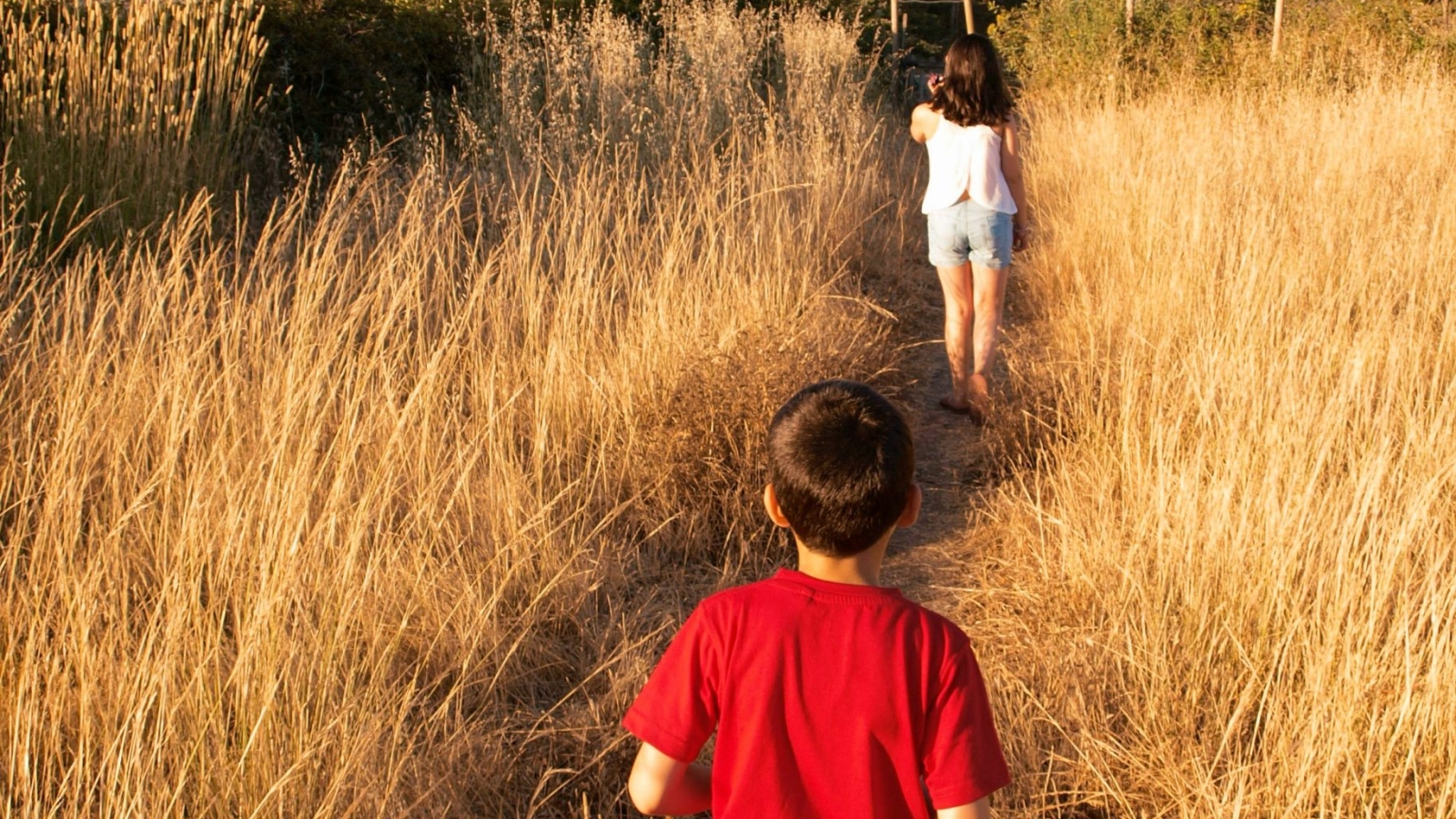School tours are powerful tools for education, offering students firsthand experiences that complement classroom learning. Among the many benefits, these tours play a significant role in helping children discover and nurture a love for the natural world. Here’s how:
1. Immersive Nature Experiences
School tours often take children to natural settings like parks, nature reserves, botanical gardens, and wildlife sanctuaries. These immersive experiences allow kids to observe and interact with nature directly, fostering a deep appreciation for the environment. The sights, sounds, and smells of the natural world can ignite a sense of wonder and curiosity that is difficult to achieve through textbooks alone.
2. Hands-On Learning
Nature-based school tours frequently include hands-on activities such as planting trees, collecting samples, or participating in guided hikes. These activities allow children to engage with nature actively, making learning more dynamic and memorable. Hands-on experiences help children understand the importance of nature conservation and the impact of human activities on the environment.
3. Enhancing Environmental Awareness
School tours often have educational components that focus on environmental science and conservation. Guided tours led by knowledgeable experts teach kids about ecosystems, biodiversity, and the importance of preserving natural habitats. This education fosters environmental awareness and encourages children to think about their role in protecting the planet.
4. Encouraging Curiosity and Exploration
Being in a natural setting stimulates children’s innate curiosity. They are more likely to ask questions, explore their surroundings, and make observations about plants, animals, and ecosystems. This curiosity-driven exploration helps children develop a deeper connection to nature and inspires a lifelong interest in environmental science and outdoor activities.
5. Building a Sense of Responsibility
School tours often emphasize the importance of taking care of the environment. Activities like clean-up projects, recycling initiatives, or wildlife protection efforts teach children about responsibility and stewardship. Understanding their role in preserving the natural world can instill a sense of responsibility and commitment to environmental sustainability.
6. Promoting Physical and Mental Well-being
Spending time in nature has been shown to have numerous benefits for both physical and mental well-being. School tours that involve outdoor activities promote physical fitness and provide a break from the sedentary classroom environment. Additionally, being in nature can reduce stress, improve mood, and enhance overall mental health. These positive experiences help children associate the natural world with feelings of happiness and well-being.
7. Inspiring Future Conservationists
Exposure to nature at a young age can inspire children to pursue interests and careers in environmental science, biology, ecology, and conservation. School tours provide the initial spark that can lead to a lifelong passion for protecting the environment. By nurturing this love for nature, schools play a crucial role in developing the next generation of environmental stewards.
Conclusion
School tours are more than just educational excursions; they are vital experiences that help children discover their love for the natural world. By immersing kids in nature, providing hands-on learning opportunities, and fostering environmental awareness, school tours inspire curiosity, responsibility, and a deep appreciation for the environment. Encouraging participation in these tours can have a lasting impact, helping children develop a lifelong connection to nature and a commitment to preserving our planet for future generations.


Leave A Comment